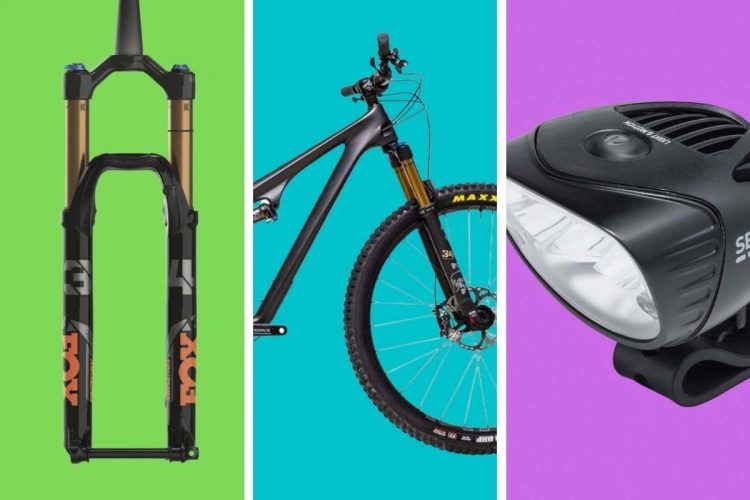After a less than positive review of the Trek Concept Store in Raleigh earlier this week I thought I’d follow up with a run-down of the business considerations that (I assume) went into Trek’s foray into the world of bicycle retailing. Again, this is all pure speculation but I do have an MBA and I’m not afraid to use it 😉
Over the past several years, bicycle manufacturers have become increasingly dissatisfied with the bicycle retail environment. Witness Giant’s pullout from Performance Bike (which as I understand was entirely on Giant’s end) and the failure rate of mom and pop bike shops around the country – selling bikes is tough and most retailers are desperate just to stay afloat. Discounts are commonplace (which brand owners like Trek hate) and the industry is crowded (we generated a list of more than 30 mountain bike brands without really trying). Oddly enough there are no “mega-chain” bicycle stores yet (except Performance Bike) despite the emergence of mega-retailers in almost every other retail category (pet supplies, Chinese restaurants, home improvement, etc.).
The fact is that manufacturers like Trek (who also have a hard time posting a consistent profit) won’t allow retailers to gain any more power than they already have. Imagine if one of your customers – say Wal-Mart – bought half your bikes. They’d probably call a lot of the shots and if they dropped your brand, you’d be pretty screwed. If you’re Trek you’re better off having thousands of “small” customers than a few “big” customers who can push you for better prices and dictate the types of bikes you sell.
Which leads us to the Trek concept store. It appears these stores are not fully owned by Trek but rather are operated as tightly controlled franchises. A quick perusal of Trek Concept Store websites (here and here) shows each store is individually owned and operated and yet Trek does list Concept Store job opportunities on their corporate website.
Trek must not be happy with their authorized resellers if they’re willing to resort to this – competing with their own mom-and-pop customers. It’s like when Apple opened their retail stores (which I love by the way) and all the Apple resellers cried foul. With Trek controlled “Concept Stores” Trek can manage prices, promotion, and most importantly brand presentation in an overcrowded bike market. If you ask me this probably won’t be as effective as, say, a massive marketing campaign to reach existing and new customers – but then again I’m just a blogger. Getting people INTO the stores is the first step – selling them once they’re in is another story.
All this leads me to believe (and Mudhunny can probably back me up on this) that the bike industry has some issues that need to be fixed, most notably manufacturer – retailer relationships. Just think – fairly priced gear, wider selection, and a growing customer base – all signs of an efficient market. What do you think needs to be done to get us there?




















0 Comments